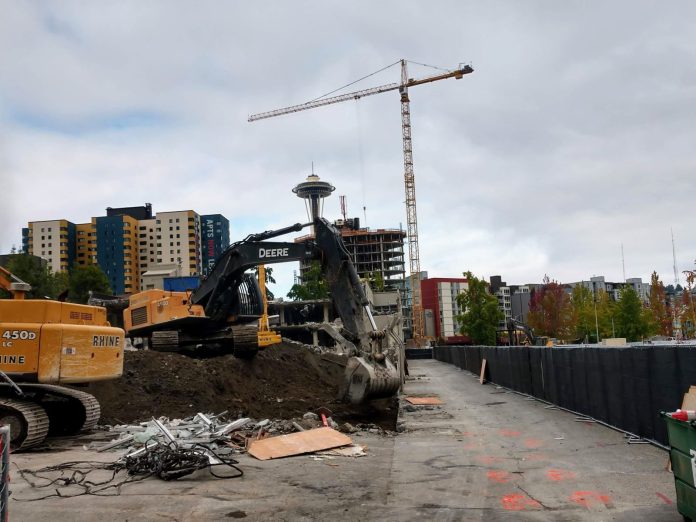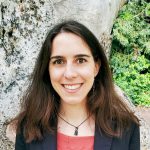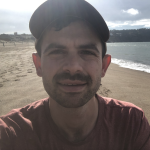
Building a bright and welcoming future requires an abundance agenda, and cities like Seattle must lead the way.
In the wake of the latest election, amidst the dire news headlines and chatter on social media, it is easy to turn to pessimism about the future of our country during the next four years.
It is natural to worry about how liberal-leaning cosmopolitan cities like Seattle will fare under an authoritarian-minded administration prone to acting out of hate and revenge rather than love and goodwill. With their primary base of support in rural areas, exurbs, and struggling suburbs, Trump Republicans naturally make punching bags of big cities, which compose the biggest base of the Democratic Party. How we respond to these developments will depend on our beliefs about others and how to be in community.
Among the narratives battling for dominance this election season were the contrasting views about how we should provide for our communities. On one side is the narrative of altruism and abundance. This narrative proclaims that we are all better off when we look outside our self-interest to ensure that there is enough of the most essential things (housing, food, social services, healthcare) for everyone who needs them.
The opposing narrative is selfishness and exclusion, which holds that interests outside your immediate family or social circle are unimportant. Under this narrative, a better life for one person necessitates another person being worse off.
Progressive cities like Seattle are now tasked with proving this troubling narrative of the zero-sum game wrong. In a national climate that has seemingly elevated self-interest above all else, we have the opportunity to prove that welcoming people and providing for them uplifts everyone. We can counter anti-immigrant policies with local action. We can respond to pessimism and fear with a healthy dose of mutual care and selflessness.
The first step to meaningful action is recognizing the problem. With mass deportations and political persecution looming, cities that provide protection will experience an influx of new residents, especially migrants and others who are politically oppressed. These newcomers may challenge our infrastructure, housing market, and public services. What can we do to ensure that our future neighbors thrive alongside us?
The response to these challenges must be to provide, not to exclude. To avoid conflicts about whose basic needs get met, we must create abundance: enough homes for everyone, a reliable public transit system, functioning social services, funded schools and libraries, and well-maintained parks. As one of the world’s wealthiest cities, Seattle can make these things happen. By embracing abundance we can overcome our greatest challenges, whether it be skyrocketing housing costs, displacement and homelessness, worsening traffic, or insufficient tax revenue.
You may be wondering: what can I, as an individual, do? You have more power than you think. In truth, your voice is essential to making change happen. Many important decisions are made at the local level where you have the most influence.
You can ensure Seattle has enough homes for everyone by supporting growth in your neighborhood. A very effective way to do this is by commenting on the One Seattle Plan in favor of the proposed zoning changes, especially nearby where you live, and to attend one of the City’s community outreach meetings about the plan.

You can take action by joining one of the many local organizations that advocate for better transit, more and affordable housing, safer streets, and a socially responsible city budget. You can help community members here and now by volunteering at local food banks, after-school programs, homeless outreach and refugee aid groups.
We can multiply our actions by positively influencing the people we know and interact with every day. Rather than mirroring a culture of complaint and blame, we can show gratitude by celebrating each step forward, openly embracing an abundant future, and finding pride in providing for others. Only through collective action will we build the resilience necessary to thrive through adversity.


